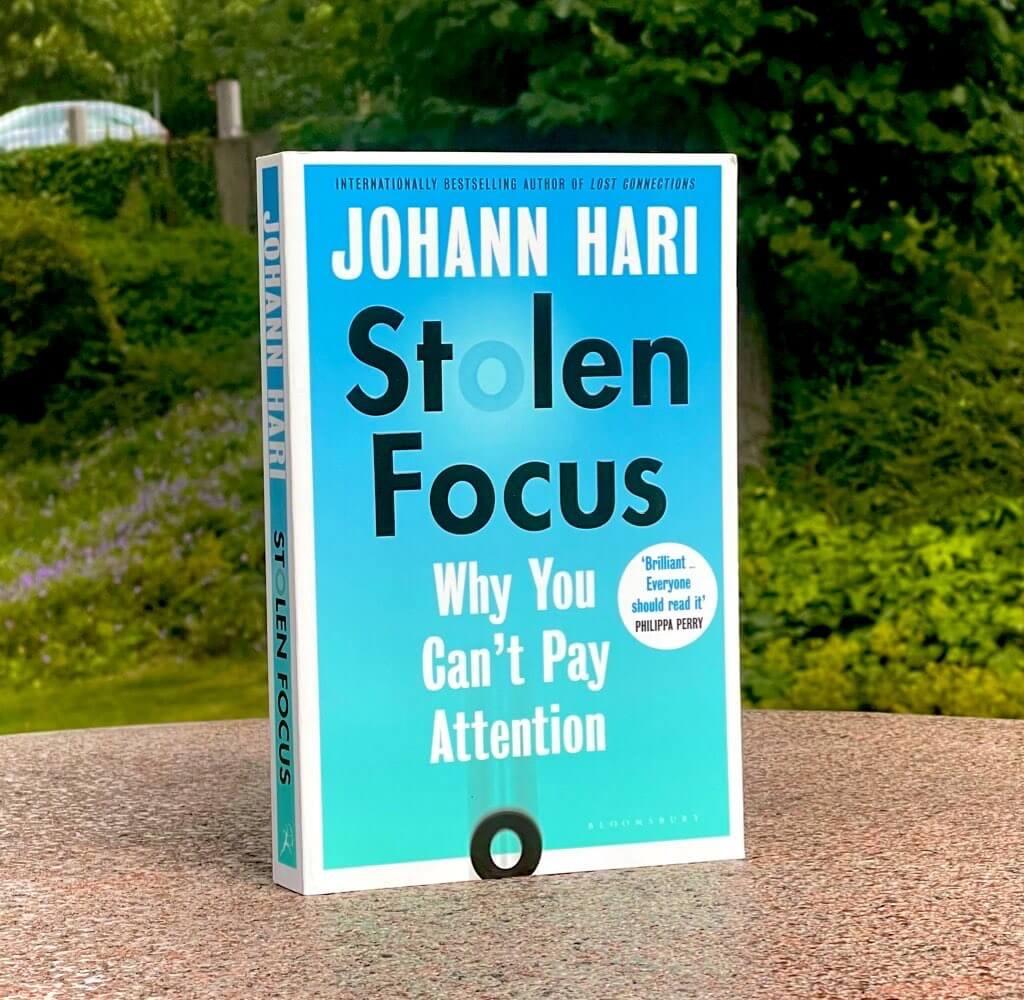Mindful Screen Time: Is Content Becoming More Distracting?
In today’s fast-paced, technology-driven world, the majority of the population finds themselves immersed in excessive daily screen time. Whether it’s scrolling through social media feeds, binge-watching streaming platforms, or consuming bite-sized content on platforms like Instagram Reels and TikTok, our lives have become intertwined with digital content. While this digital revolution has its advantages, it also raises important questions about the quality and impact of the content we consume.
One of the key factors to consider is the limited capacity of our brains to process information. Our brains are incredible organs, but they have their limits. With the vast amount of information bombarding us daily, it becomes crucial to be selective about the content we choose to engage with. Quality over quantity should be our mantra. Consuming meaningful, valuable content that adds value to our lives becomes more important than mindlessly scrolling through endless feeds.
The rise of short-form content, such as Instagram Reels and TikTok, has brought a new wave of challenges. While these platforms offer entertainment and quick bursts of amusement, the volume of pointless short videos can wreak havoc on our attention spans. Our brains get used to the constant stimulation and instant gratification, which can lead to difficulties in focusing on more substantial content. This constant bombardment of bite-sized videos can fog our brains with useless information, leaving us feeling mentally drained and unsatisfied.

Moreover, the impact of excessive screen time and shallow content consumption is particularly concerning for children in our society. Young minds, which are still developing, are more susceptible to the negative effects of excessive screen time. Studies suggest that increased screen time may be linked to conditions such as ADHD and other attention-related disorders. As parents and caregivers, it becomes our responsibility to ensure that children have access to quality content that nurtures their growth and development.
In his book, Stolen Focus, Johann Hari discusses in detail how social media companies, driven by the human negativity bias, prioritize engagement over what’s right or wrong. They control algorithms and curate content to keep users on their platforms, and anger-inducing posts garner more engagement. Consequently, these companies bear responsibility for the toxic state of social discourse. The real issue lies not with the phone itself, but with the design of attention-grabbing apps. Leading minds in Silicon Valley acknowledge that technology has been intentionally crafted to corrode and steal our attention, which is disheartening. While companies have the capacity to develop technology that sustains attention and promotes meaningful goals, their motivation to do so is questioned. Ultimately, the pursuit of maximizing user engagement seems to override the potential for technology to serve deeper and more fulfilling purposes.

So, what can we do to address these issues? Here are a few solutions to consider:
- Minimize daily screen time: Set boundaries and consciously reduce the amount of time spent on digital devices. Allocate specific periods of the day for screen usage and stick to them. Engage in offline activities that promote creativity, physical activity, and face-to-face interactions.
- Delete apps like TikTok and Instagram: Consider removing apps that primarily offer short-form, mindless content from your device. By eliminating these distractions, you create more space for meaningful and enriching experiences.
- Follow long-form education content creators: Seek out podcasts, e-books, and educational channels that provide in-depth insights and knowledge. Engaging with long-form content allows you to dive deeper into subjects of interest, fostering intellectual growth and expanding your perspective.
- Practice digital detoxes: Take regular breaks from digital devices. Designate specific periods, like weekends or evenings, as screen-free time. Use this time to connect with loved ones, engage in hobbies, or simply enjoy moments of solitude and reflection.
- Curate your digital content intake: Be mindful of the content you consume. Seek out reputable sources, follow experts in your areas of interest, and prioritize quality over quantity. Choose content that aligns with your values and goals, and unfollow accounts that don’t contribute positively to your well-being.
In this digital age, the content we consume holds immense power in shaping our thoughts, behaviours, and overall well-being. By being selective, mindful, and intentional in our digital content consumption, we can reclaim control over our attention, nurture our intellectual growth, and lead more fulfilled lives. It’s time to prioritize substance over superficiality and make informed choices about the content we welcome into our digital lives.





